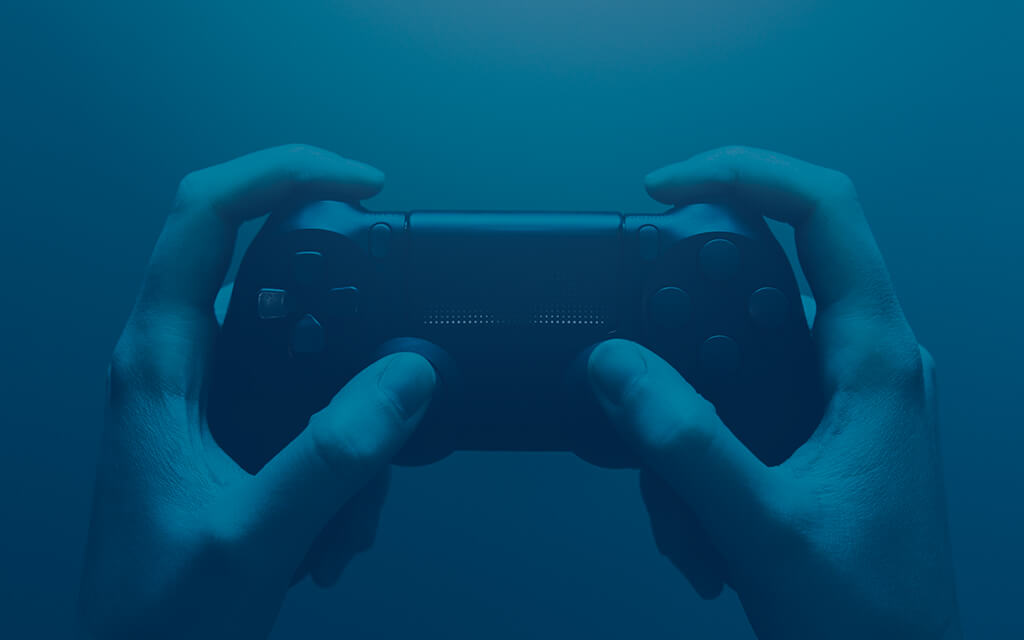Cheating in esports and coach bug case – penalties, damages, defence against allegations

Lately one could hear about an infamous „coach bug” case in CS:GO. Professional coaches used a bug in the game that allowed them to see enemy team’s movement on the map. In esports society it has been unanimously considered as cheating. What are legal consequences of cheating? Who and under what conditions could punish cheaters? Who is entitled to claim damages? How to defend yourself against allegations? All answers you can find in the following article.
Who is entitled to punish cheaters?
There is still no court that would have jurisdiction over all esports cases. In coach bug case an ESIC (Esports Integrity Commission) organisation endeavours to be such a court. Its decisions are binding only if the tournament organizer considers them as such. However, some organizers (including ESL) decides to apply ESIC’s regulations directly to their own events. Teams are informed about that in contracts or rules of such an event. Therefore, all participants must comply with ESIC’s procedures. Although in many cases (excluding especially ESL and Dreamhack) there are no legal basis for ESIC to judge cheaters, potential conviction could affect one’s career due to announced respect of such decisions by many other events organizers. Mostly it is the organizer who is entitled to impose penalties on cheating teams and that is exactly what ESL did.
Under what conditions can cheater be punished?
Any penalty, including cash sanctions or bans, can be imposed only if there is a legal provision that allows to punish a cheater. Such basis can be either found in tournament’s (or ESIC’s) regulations (including contracts signed between teams and organizer) or adequate law provisions. Although in many countries there are legal regulations that could be a basis for punishing cheaters (e.g. Poland, Germany, France), there is always need to check the exact meaning of such provision since they may differ in details. It is also necessary to find out which country’s law shall apply to a particular case as it may not always be obvious.
Who is entitled to claim damages?
The first thought one can have is that teams that lost against a cheater are entitled to receive some cash either in form of damages or additional tournament prizes. In fact it could be hard to achieve in most cases. However, an organizer is an entity that could be entitled in first place to claim money from a cheating team, either as damages or as a return of given prizes. The amount of money due is subject to contractual penalties stated in contract, actual loss of money, money given as a prize or reputation damages. On similar terms a cheating player’s (or coach) organisation (team) may issue a claim against a cheating player or coach. The amount due as well as procedures regarding claiming those amounts may differ depending on the applicable law and contractual provisions in certain case.
Can a person accused of cheating appeal from a conviction?
In case of ESIC’s decision, accused of cheating may appeal to the second instance of this organisation. If a penalty was imposed by a tournament organizer, any disputes shall be settled by a court. Depending on regulations imposed for a certain event, it shall be common courts or an arbitration court similar to ESIC. It is also always an accusant’s task to prove that cheating in fact took place.
Summary
Cheating in esports has legal consequences. Cheaters should remember that there may be disciplinary sanctions imposed on them. They could also be obliged to pay certain sums. People accused of cheating who are certain of their innocence have ways to effectively defend themselves.